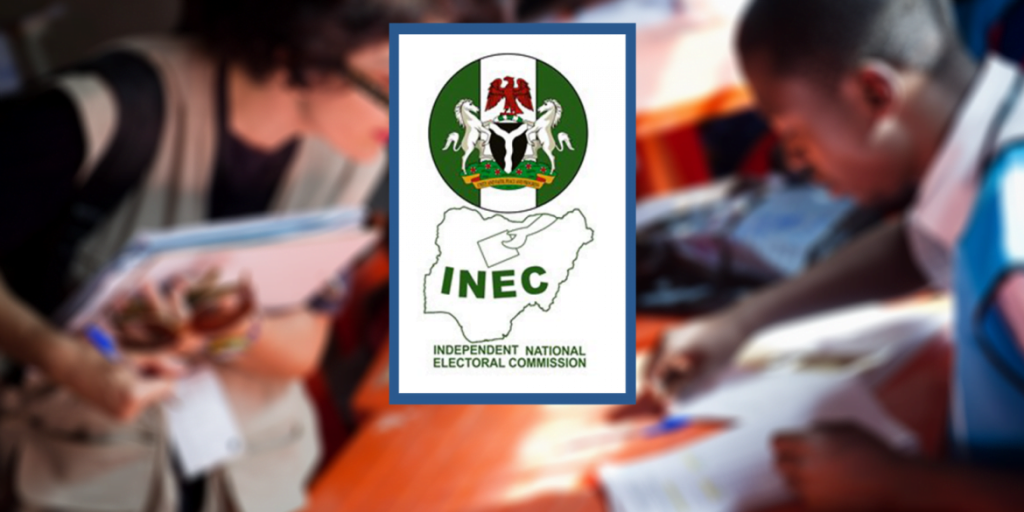The Independent National Electoral Commission (INEC) may require about N870 billion to conduct the 2027 general elections, a former Chief Technical Adviser to the outgoing INEC Chairman, Prof. Mahmood Yakubu, Prof. Bolade Eyinla, has projected.
Eyinla, who made the disclosure in Abuja during the Yiaga Africa 2027 Elections Scenarios and Election Manipulation Risk Index (EMRI) Retreat, said the cost estimate reflects Nigeria’s growing voter population, rising inflation, and the logistical complexities of conducting elections across the country’s vast and diverse terrain.
According to him, the projection—equivalent to about $600 million—was informed by past election expenditures and economic realities, making it a realistic forecast ahead of 2027.
“Considering inflation, currency fluctuations, and expansion in electoral operations, N870 billion is a realistic projection,” Eyinla stated.
“On a per-voter basis, the cost is approximately $6.72, which falls within international standards for transitional democracies.”
Eyinla, who served under Yakubu until his tenure ended on October 7, described Nigeria’s general elections as one of the largest civil operations in peacetime, requiring immense financial, technological, and human resources.
He recalled that Nigeria spent N109 billion (US$662 million) in 2015, N189 billion (US$619 million) in 2019, and N355 billion (US$628 million) in 2023, adding that the steady increase corresponds with economic pressures and voter expansion.
He further noted that the Bimodal Voter Accreditation System (BVAS), Automatic Finger Identification System (AFIS), and Automatic Biometric Identification System (ABIS)—key technologies for credible elections—accounted for about 35 per cent of the 2023 election budget and could cost even more in 2027.
“Deploying personnel and materials to more than 200,000 polling locations, including remote, riverine, mountainous, and conflict-prone areas, involves enormous planning and security logistics,” he explained.
“INEC depends on service providers for vehicles, boats, aircraft, and armed security escorts to ensure safe and timely delivery of materials.”
Eyinla compared Nigeria’s projected per-voter election cost with other African democracies, describing it as one of the lowest on the continent.
“In Kenya, the cost per voter was $25.9 in 2017 and $14.9 in 2022; Ghana spent $13.1 per voter in 2016 and $7.7 in 2020; South Africa’s 2019 and 2024 polls cost $5.1 and $7.1 respectively per voter; the Democratic Republic of Congo spent between $14.37 and $22 in 2023; while Liberia’s 2023 election cost $22 per voter,” he said.
He emphasized that Nigeria’s cost efficiency—despite its population of over 93 million registered voters, 176,846 polling units, and 1,558 electoral constituencies—is notable when compared globally.
Eyinla reminded policymakers that, under Section 3(3) of the Electoral Act 2022, election funds must be released at least one year before polling, stressing that INEC’s 2027 budget should be appropriated across the 2025, 2026, and 2027 fiscal years to ensure prudent management.
He urged the commission and government to ensure early budgetary planning and transparency to maintain public confidence and safeguard the credibility of future elections.
“Prudent management of resources is key to ensuring cost-effectiveness without compromising the integrity of elections,” he added.
Do you want to share a story with us? Do you want to advertise with us? Do you need publicity for a product, service, or event? Contact us on WhatsApp +2348183319097 Email: platformtimes@gmail.com
We are committed to impactful investigative journalism for human interest and social justice. Your donation will help us tell more stories. Kindly donate any amount HERE




